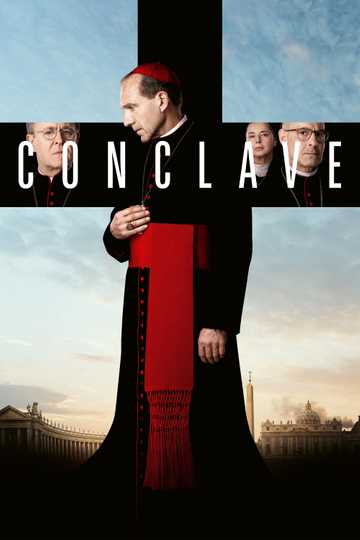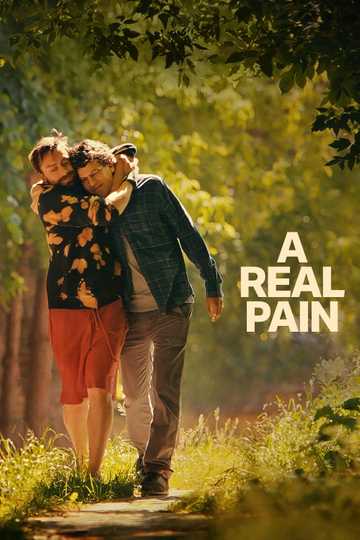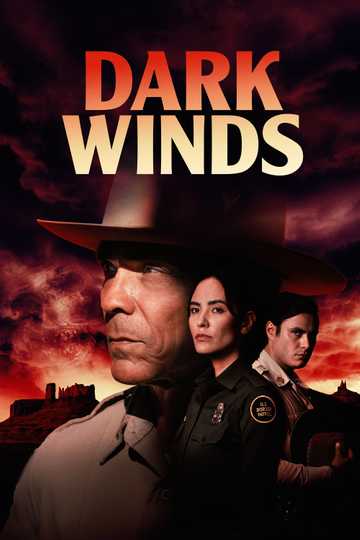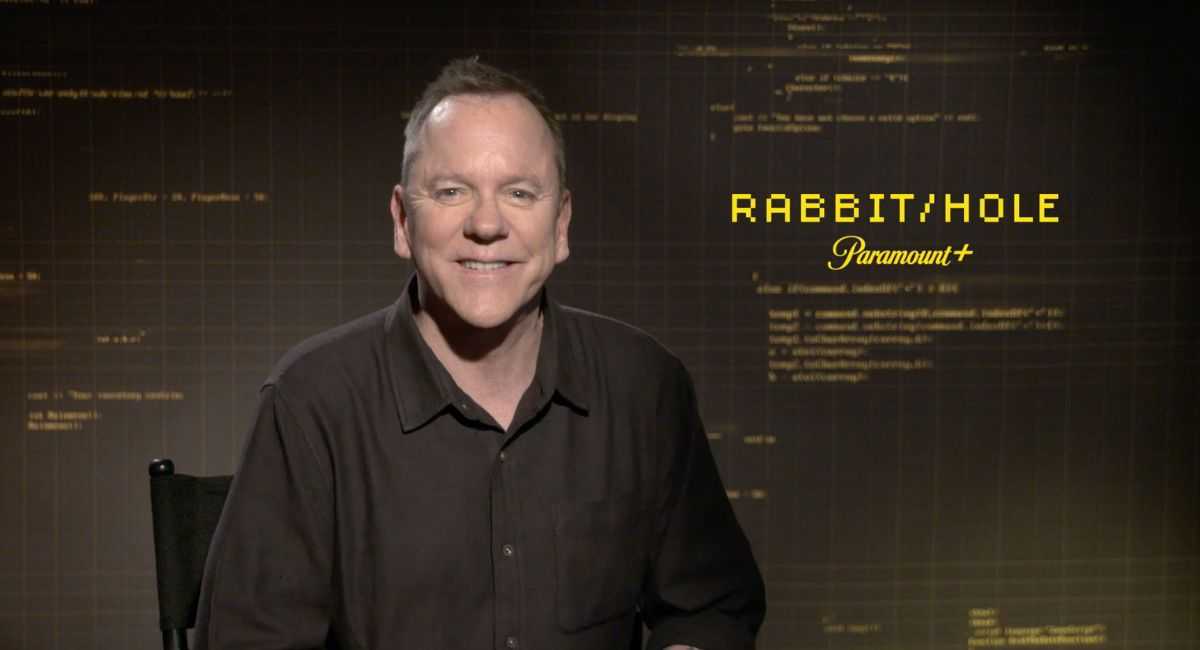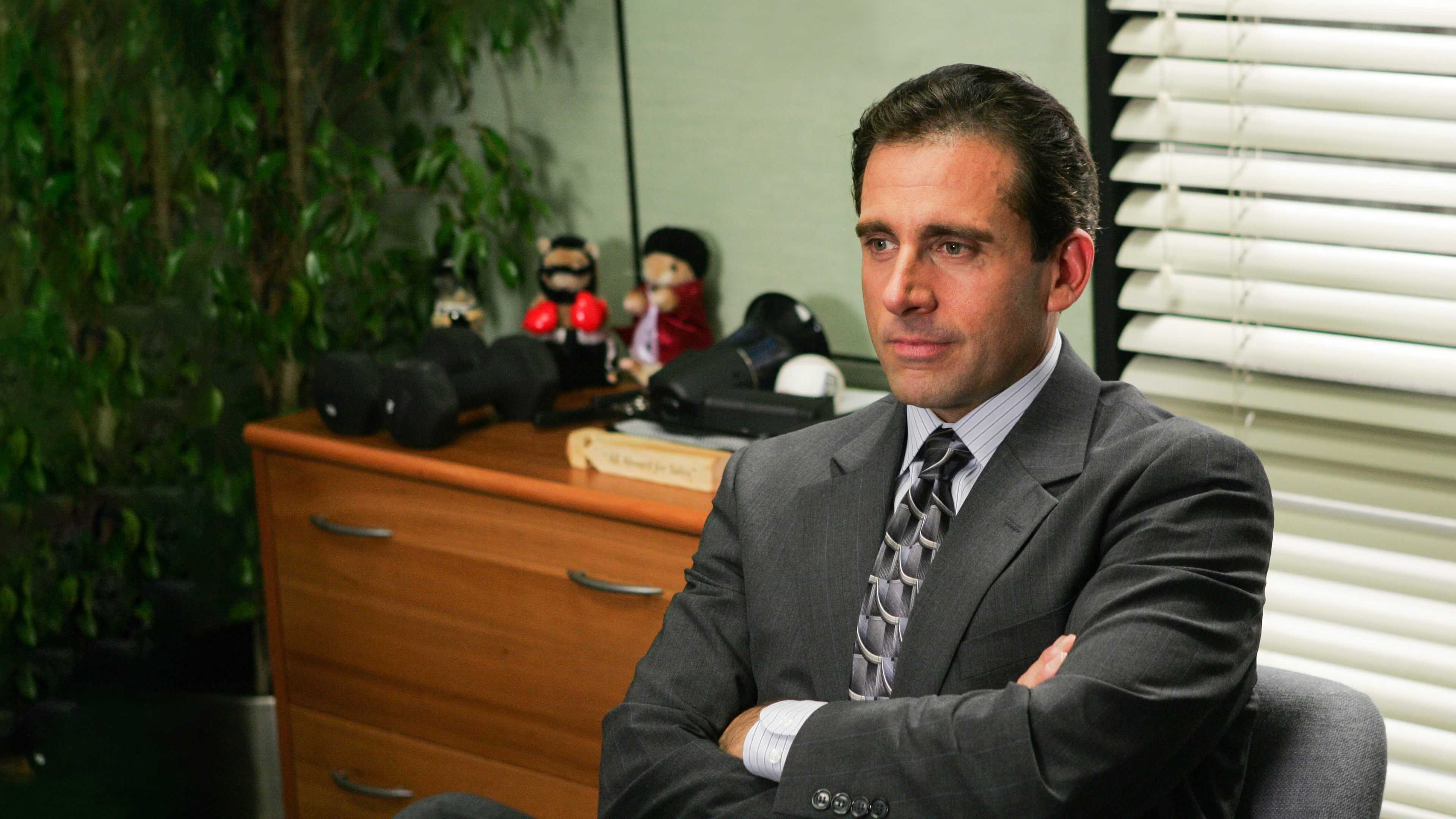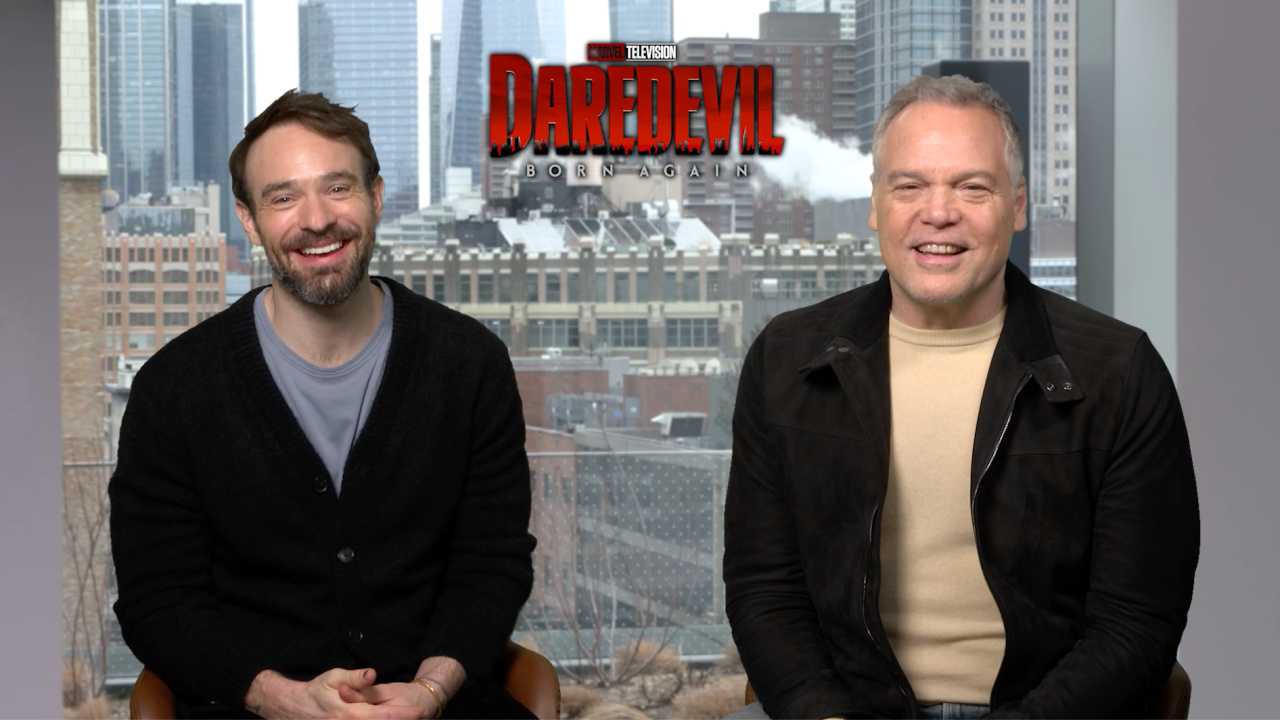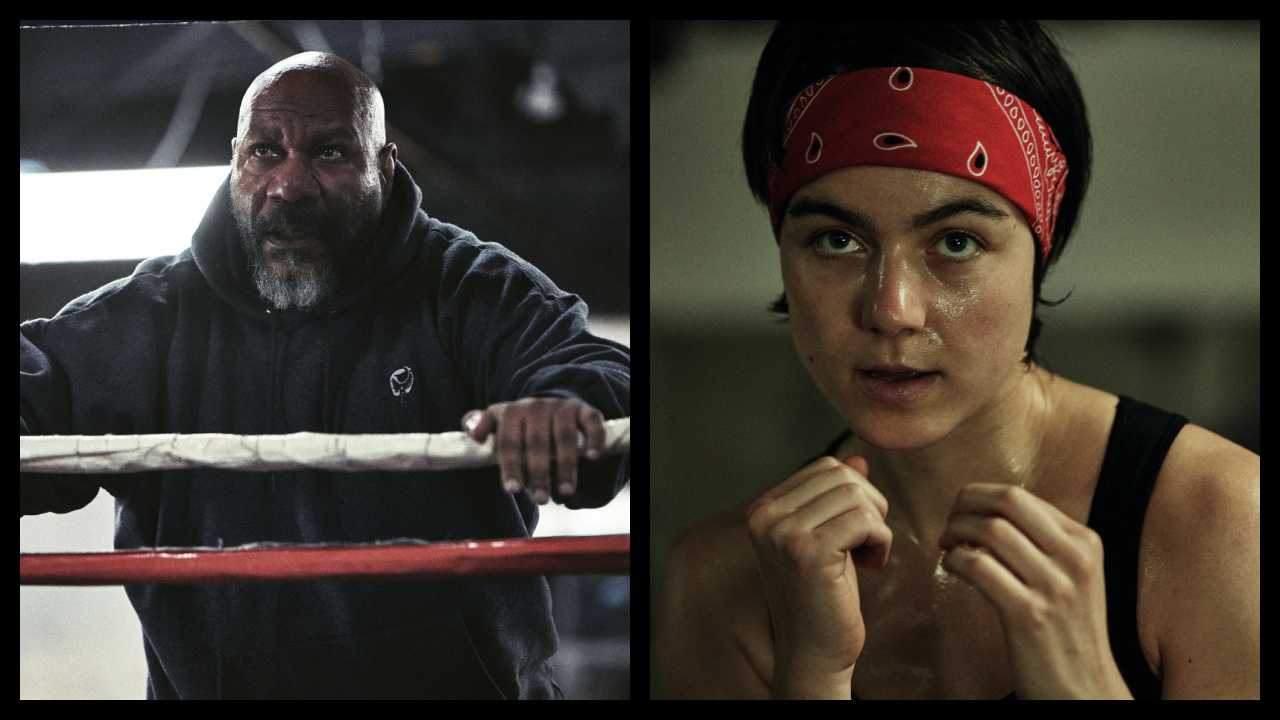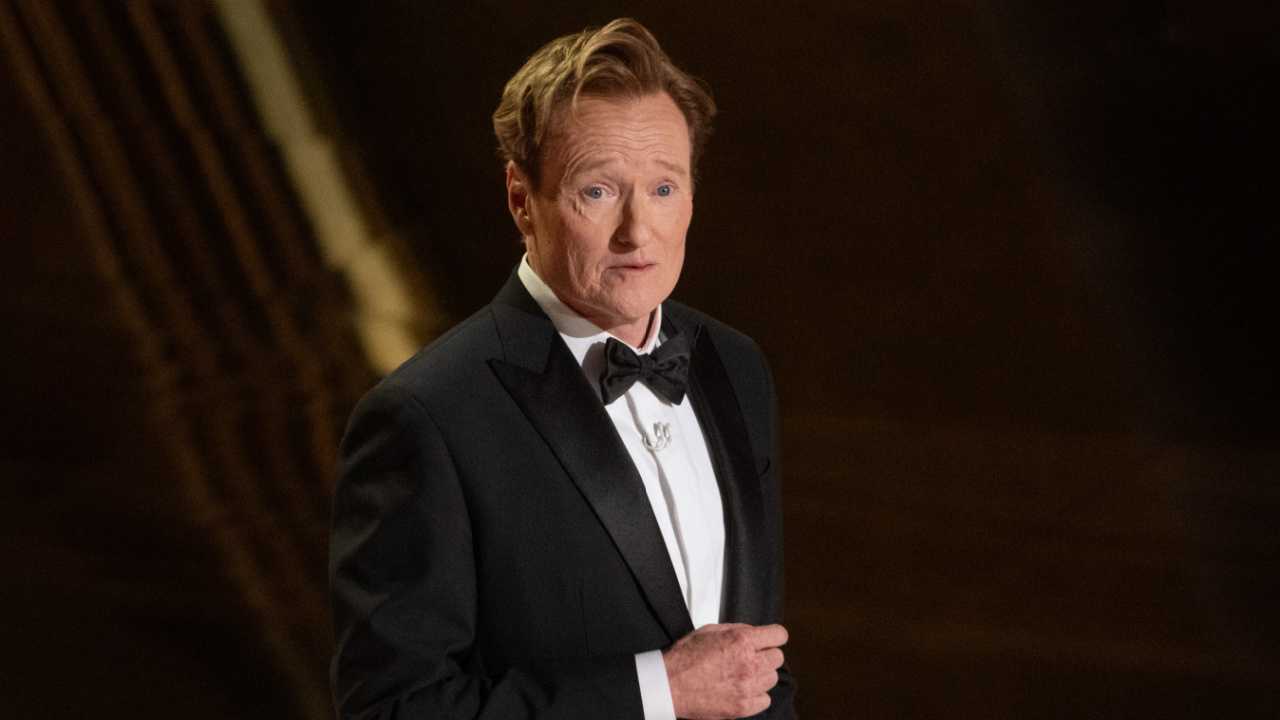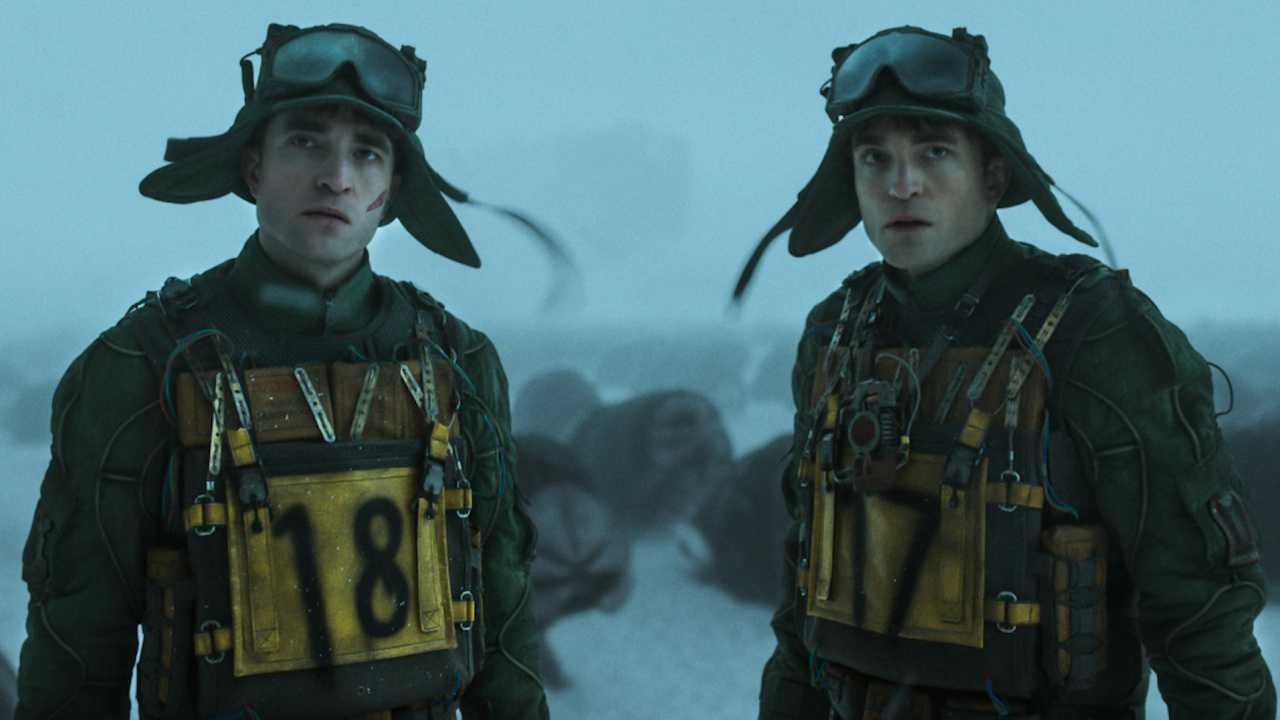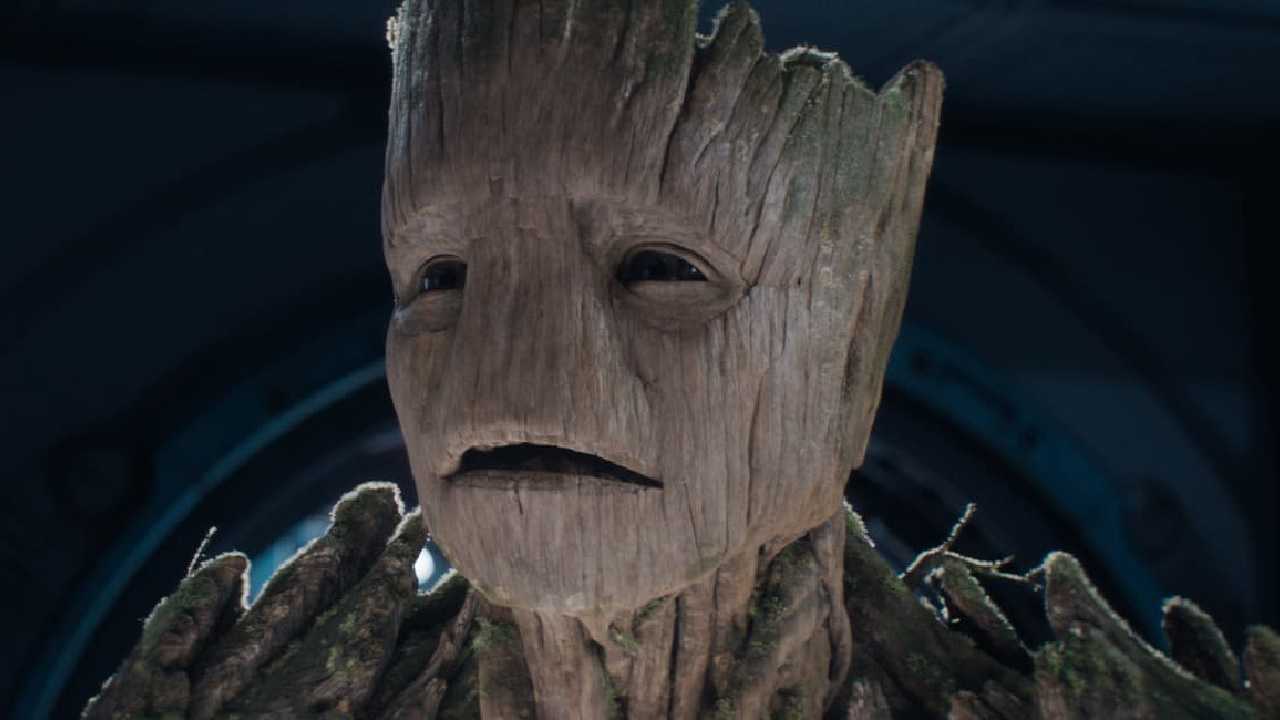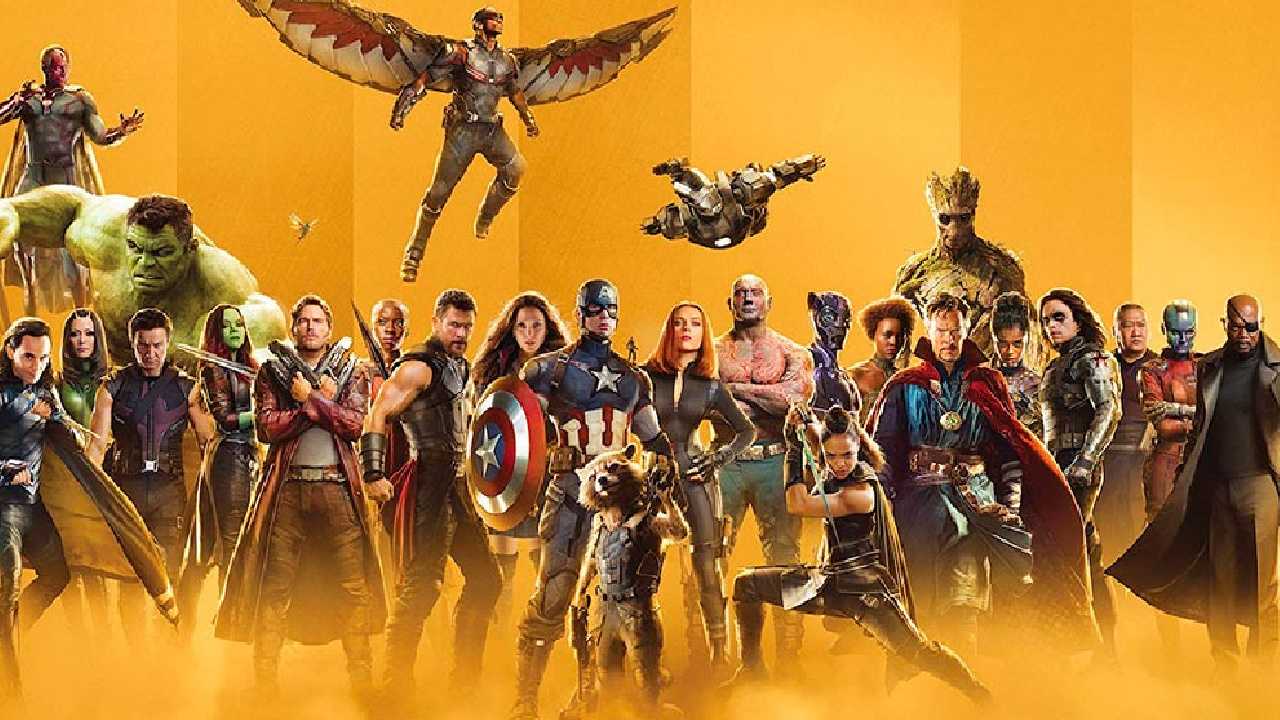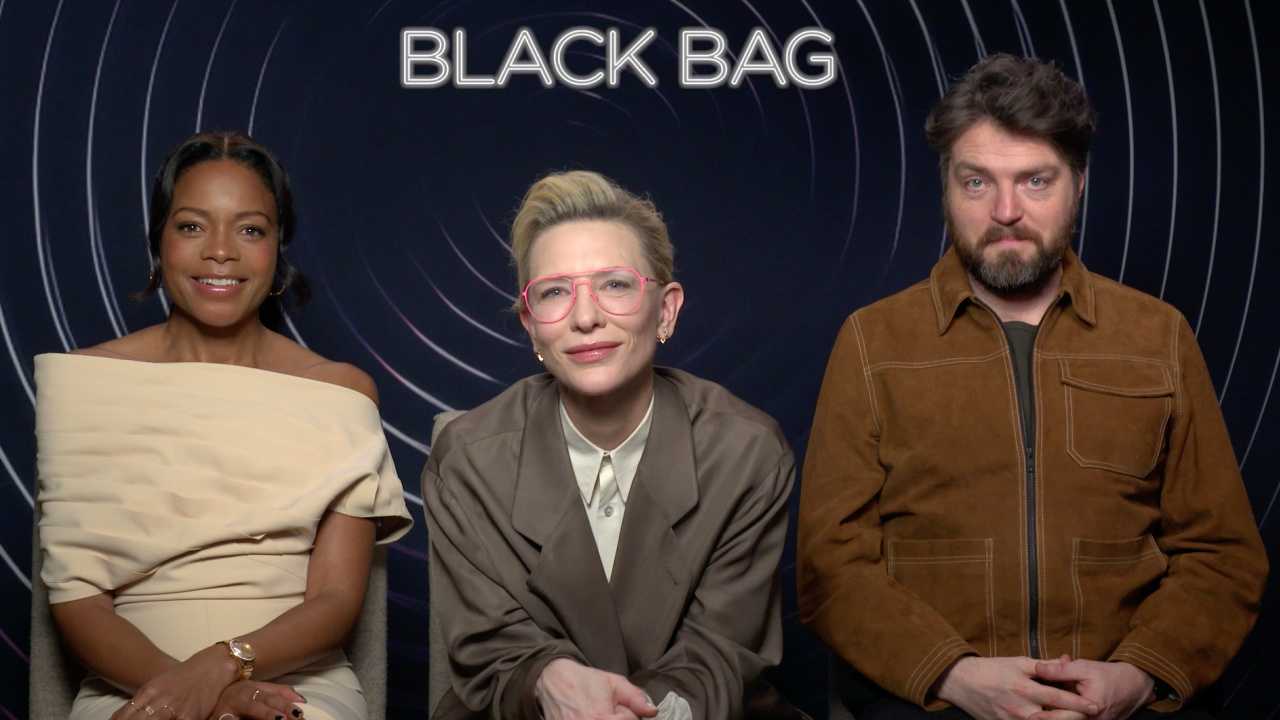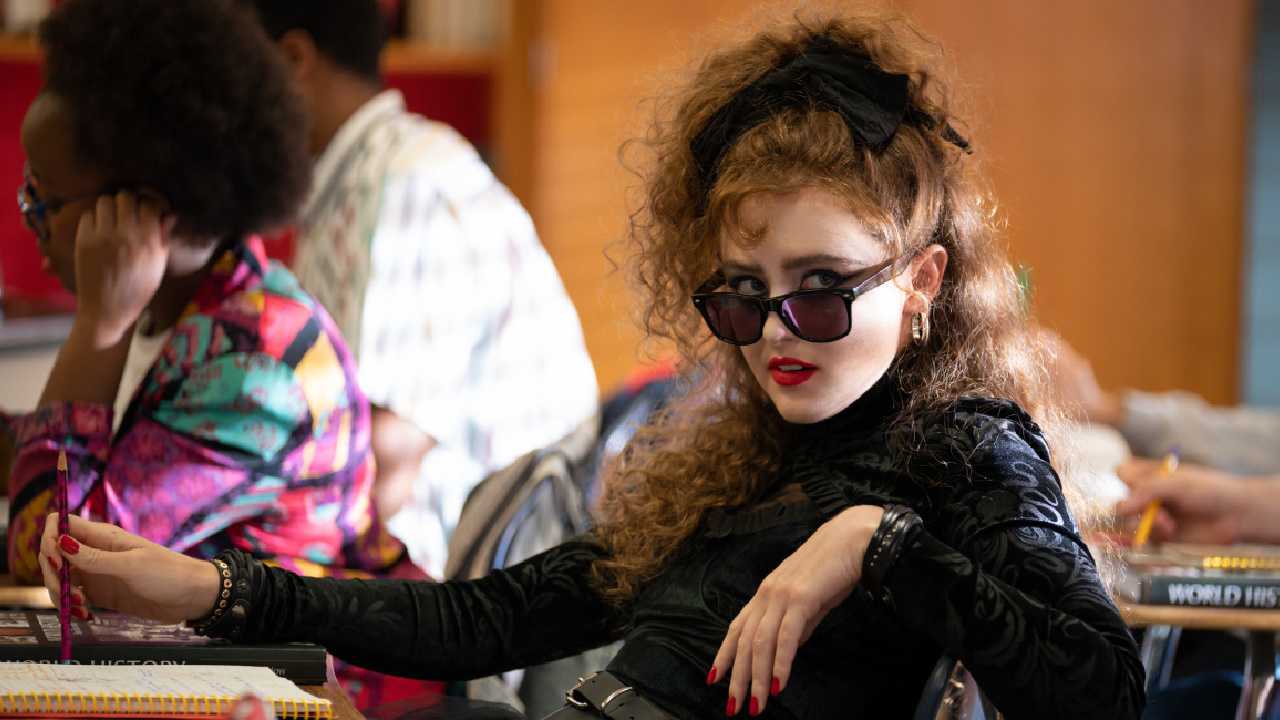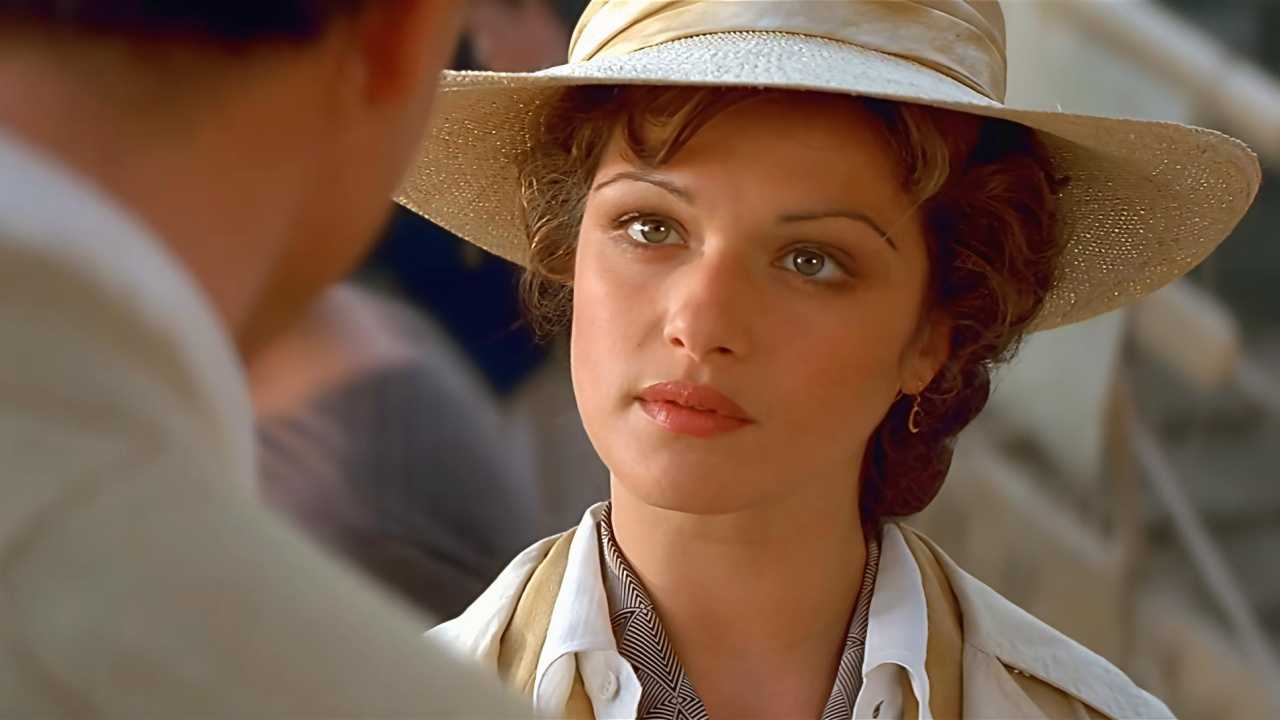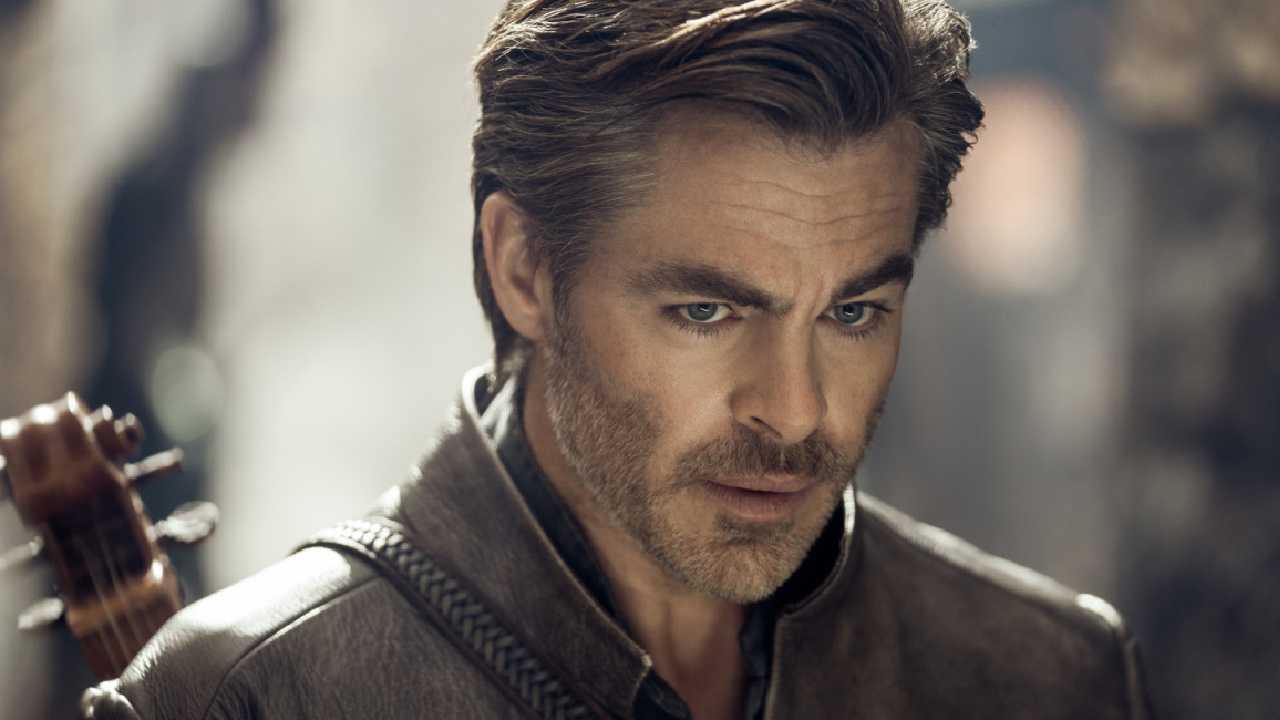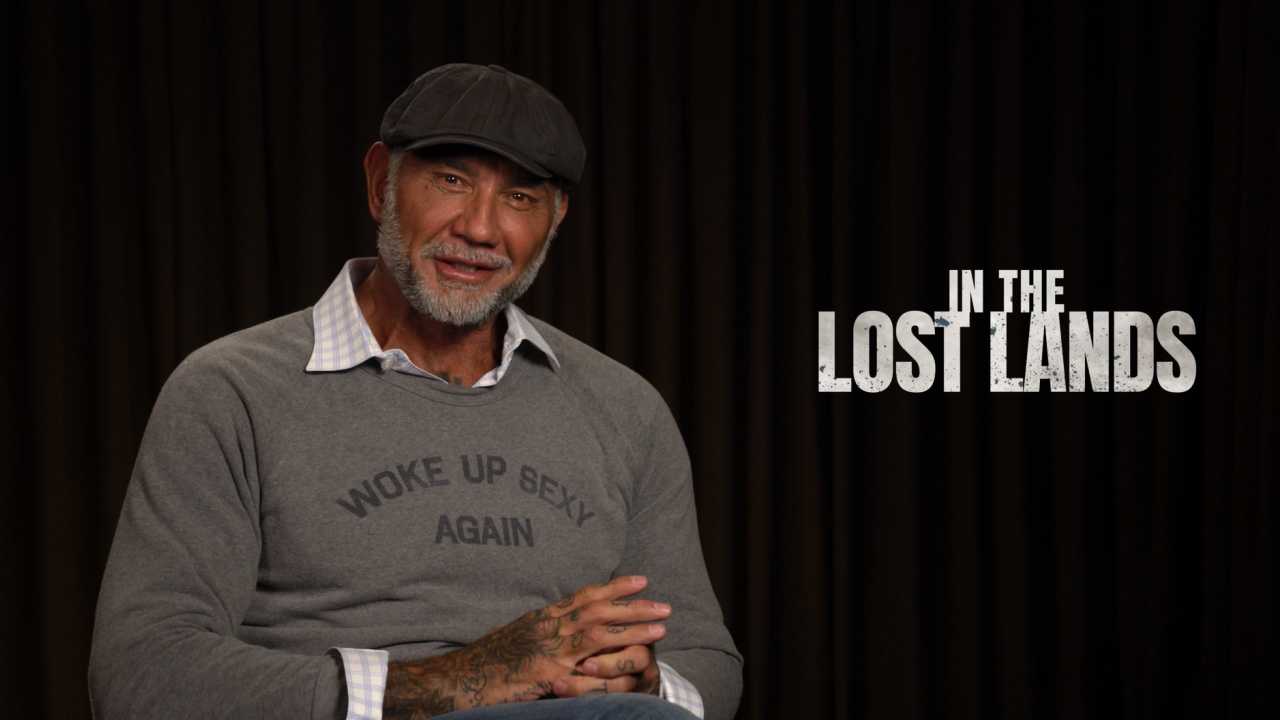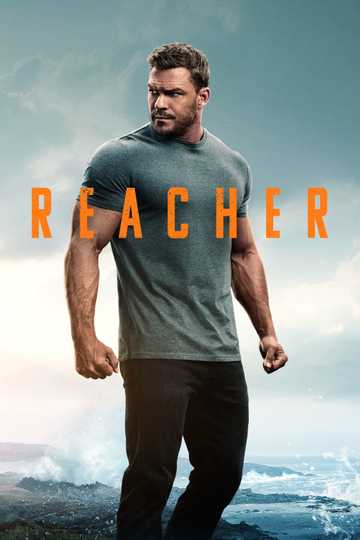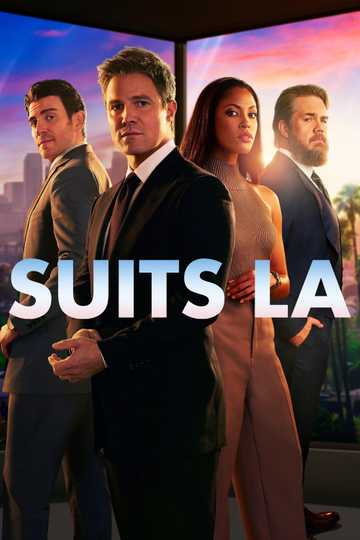Kiefer Sutherland Has Political Hopes for 'Designated Survivor'
KIEFER SUTHERLAND" data-credit="ABC/Ben Mark Holzberg" data-credit-link-back="undefined" src="http://o.aolcdn.com/dims-shared/dims3/GLOB/crop/1000x530+0+27/resize/660x350!/format/jpg/quality/85/http://o.aolcdn.com/hss/storage/midas/2147006caa079eb94bac18e94a881446/204358214/142878_6166.jpg" data-mep="1365566" />In his last hit series, Designated Survivor," he's the one giving the executive orders.
The series is built around the real life policy of keeping one person who's in the line of succession for the U.S. presidency at distant, secure location during major political gatherings like the State of the Union address and presidential inaugurations in the case of a catastrophic event -- something "Designated Survivor's" pilot viscerally depicts when a massive explosion rocks a joint session of Congress, killing the president, the vice president every key member of the Cabinet except Secretary of Housing and Urban Development Tom Kirkman, who finds himself suddenly sworn into the highest office in the land.
In a role that's about as far from Jack Bauer as possible, despite the governmental backdrop, Sutherland delivers a performance unlike any he's done before as Kirkman gradually finds his footing and sets out to both rebuild the devastated political infrastructure and determine who was responsible for the attack and why.
Sutherland joined with a small assembly of press to share his thoughts on the provocative premise, which arrives at a particularly volatile moment in the country's political discourse.
There's a unique physicality you brought to the role -- it's something we've not seen you do before. Can you talk about your mindset as you were creating this?
Keifer Sutherland: He's just in an incredibly uncomfortable circumstance. And I think physically, certainly from the very beginning when he's taken from the room where he's watching the State of the Union to the White House, he's uncomfortable, he's scared, and I wanted to convey that in every way I possibly could, whether it was tonally through the dialogue; physically, surrounded by these gigantic people with guns. It was a fear, and certainly from the beginning of the episode, all the way through to when he makes that first address to the nation, you see that physicality start to change where he starts to rise to that occasion.
Where does he find that inner confidence? Is that a "fake it until you make it" situation?
No -- in the very beginning of the show, he was the minister for Housing and Urban Development, and he's an advocate for that. He has a very strong point of view. He knows Washington. No, I think he's very confident in who he is and what he believes in. I think he questions whether or not that's enough.
What do the American people think about him?
In the context of the show, they don't know who he is. And I think that's the biggest dilemma is to try and tell 330 million people that you're going to be able to ride this storm and take care of them when none of them know who you are. And he understands that that's going to be the great challenge.
Do you think there's any chance that this show could have a subliminal effect on politics?
What I like about this show, and what I hope this show manages to achieve, is that we have a less divisive conversation about what's really important. And I think that if anybody who's watched this last election cycle, it's become like a kind of name-calling, children's spat in the yard, and I don't see a lot of interesting discussion.
There was a time when the difference between the Republican Party and the Democratic Party, you could barely cut with a piece of paper. And obviously, there were factions on both sides that were farther left and farther right. I think that was a healthy form of government. And so now, I've watched that completely spread apart, and hopefully, in the context of our show, you'll be able to talk about things that are important and have maybe a more open discussion about them than I'm watching now.
What does "presidential" mean to you?
There's many words I would attach to it: Strong, dignified, compassionate. Compassion is something that I certainly have seen lacking in this last cycle. Understanding is something that I've seen lacking in this last campaign. And so hopefully, those aspects of what I believe a president should be, he or she, will be able to articulate those. And humanity to it.
At the end of the day, I would like to have been considered as someone who played the president with the respect I think it deserves. And hopefully, the integrity as well ... It's a fantastic privilege to be able to play a character like this.
Is it frustrating for you that, as a Canadian citizen, you don't get to cast a vote in this election?
It's a big country. There's a lot of people to do that for me. I think more disappointing than anything is that I don't think we're taking advantage of the time as best as we can. And literally, across the board, everybody reacts to what's most salacious and the easiest kind of headline to put forward, as opposed to having a proper discussion. And, hopefully, in the context of our show, we'll be able to do that.
On "24," your character often chose to operate outside the lines of his authority. Will this show explore how limited in some ways the powers of the President actually are?
Yes and no. It's limited in the way that we now know it for real. But when you've taken away the Congress and the Senate and you actually have to put that government back together ... And one thing that you'll find out very early in Episode 2 is that there are actually two Designated Survivors. So the party in power has one Designated Survivor and that party was Democratic -- and my character's actually an Independent -- but the Republicans actually had a Designated Survivor, too, in case I was killed as well.
And she and I together -- she's played by Virginia Madsen -- slowly put the government back together, so the choices we get to make in the very beginning are actually quite grand, and we're quite progressive in the sense that we get a lot done. And as the government starts to get put back into place, we start to see the wheels grind.
That, I think, is going to be really interesting for a public that might not know the inner workings of the Senate and the Hill and how everything works. You're going to actually be able to see that being put back together piece by piece.
How long will it take him to find his groove and have people start to trust him?
That's certainly going to be the whole first season. It's a long process, and there's going to be times where he's feeling quite cocky and successful and times when he's going to get his ass kicked and then feel very not-successful and insecure.
He also has a very distinctive look with those retro, horn-rimmed glasses.
The glasses that I wear were made by Moscot, which is a company in New York. Franklin Delano Roosevelt made those glasses [popular]. Those glasses were actually the first health care act in the U.S. During the Depression those glasses were made available to anybody who needed them for free, and that's why, through the '50s, you saw so many people wearing those glasses. I thought that it would be an interesting place for him to start.
You have a country album coming out. How do you balance the music and this show?
Yeah, we were touring small bars and clubs around the U.S. and Canada. That will obviously be curtailed. Luckily, for me, I often play music or will write as a way of relaxing or getting out of my head from whatever else I'm doing. So I certainly have been writing quite a lot, musically. But again, it's a way of separating out of constantly learning dialogue, constantly doing this. So right now, they seem to have a nice balance.
Do they fulfill you in different ways?
Yes, but the common denominator is that I love to tell stories. So, as an actor, I love telling the story and being involved in this show and being one spoke in the wheel of telling of that story. And as a songwriter, I like telling a story that's probably much more personal and mine, and not behind that of a character.
You remain an executive producer on the new "24: Legacy" series. What are the odds that Jack Bauer is ever going to get out of Russia?
It's not something that I'm thinking of, and certainly not Howard Gordon. My responsibilities to "24," other than being incredibly grateful as a person for my experience on it, but for this new show, I think the first few scripts are really solid. I think they've cast them really cleverly, and Howard would run ideas or let me know what they were thinking, almost as a courtesy -- and he certainly didn't need to. But I told him that I thought the direction that they were heading was really exciting and really cool.
And I've always said with regards to "24" that the idea was the star of that show. And I think an audience will realize that, honestly. I think this new version of "24" is going to be really exciting. And I wish him the best. And once I transitioned or pivoted into shooting this, I became solely focused on this, and that's where I'm at right now.
It's been 30 years since "Stand by Me" came out, if you can believe it. What are your memories about making that film?
Oh my gosh! Well, first of all, I loved River Phoenix -- he was younger than I was and he was so enthusiastic about wanting to be a good actor, and that was infectious. And the other thing I remember is that Rob Reiner would from call time to lunch not even roll camera and he would play theater games with the young kids, and that's what would allow them to give such free performances, and I always respected Rob Reiner for that. It's something I've always tried to remember.
Have you seen "Stranger Things," which captures much of that "Stand by Me" and Steven King vibe?
I saw the first one where the kids are playing the game and everything starts, but in all fairness I haven't had the time to continue on! But I'll check it out based on your recommendation!
"Designated Survivor" premiere tonight (September 21st) on ABC.




